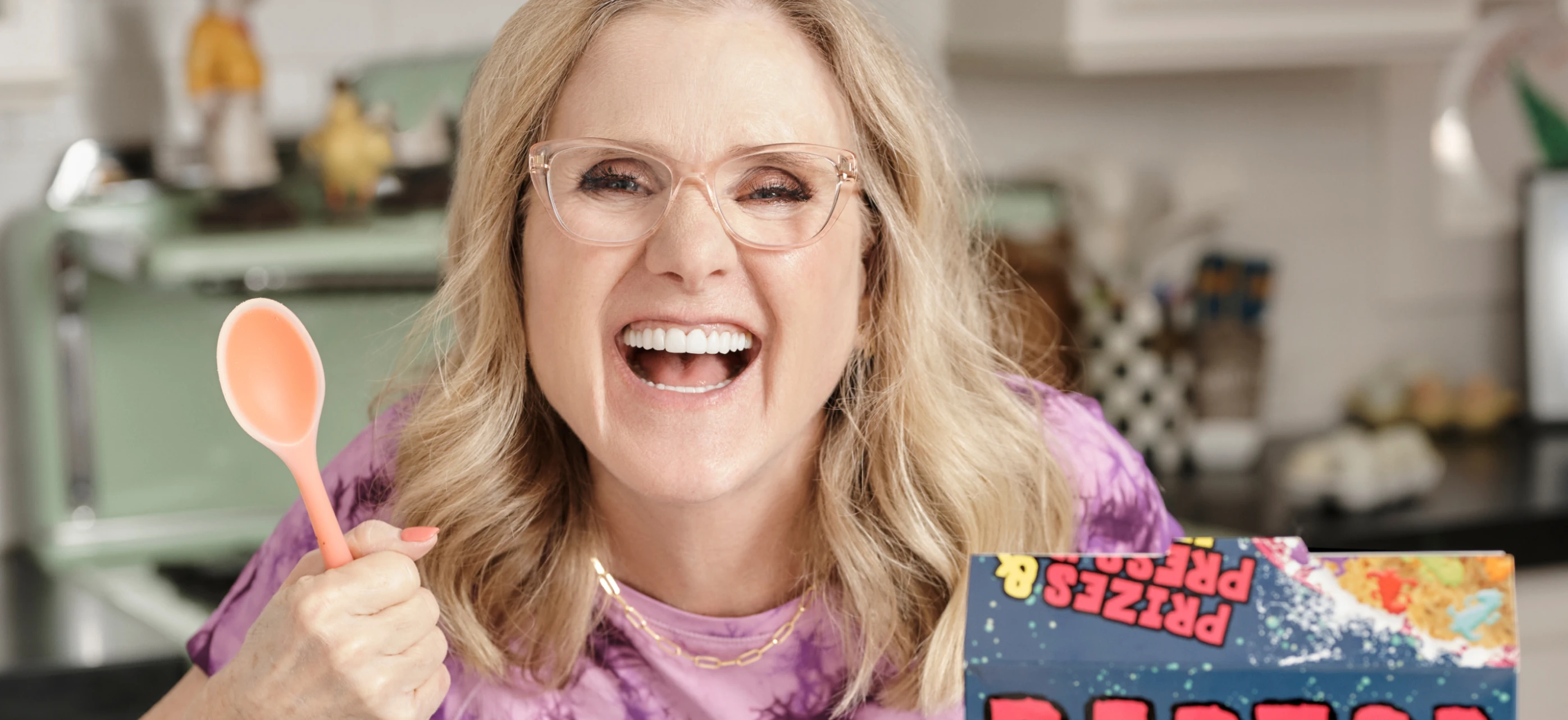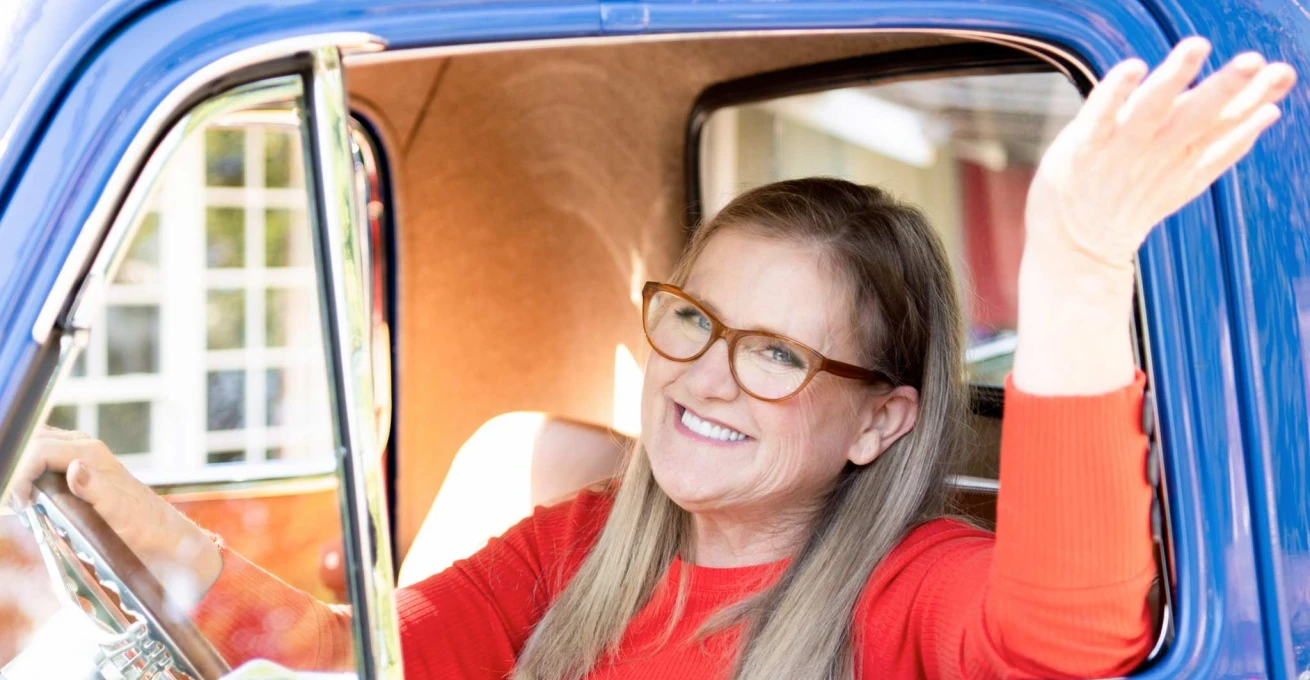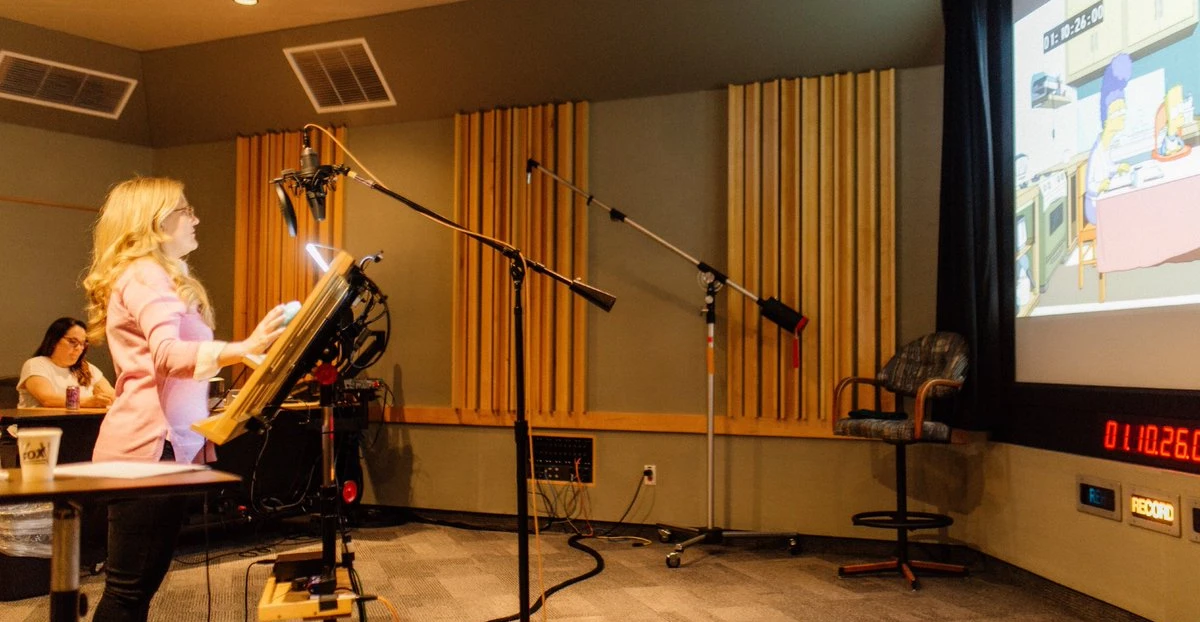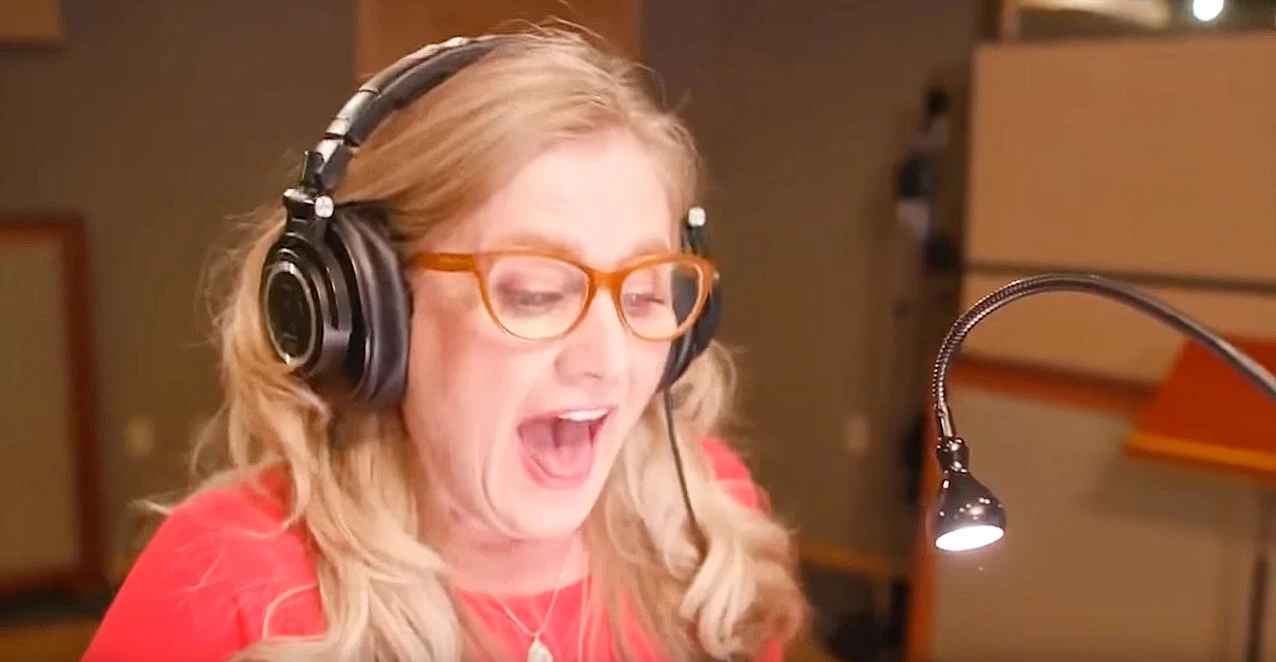
Media

Backstage.com recently posted a “Voice-Over How-To” interview with Nancy Cartwright. “Artists just love to create,” says Nancy Cartwright. “If they’re being stopped by either the industry or a person in their life…you have to have an outlet. You have to be able to rise above that and have some sort of a way to express yourself artistically.”

Okay, you got the audition. Well done! You studied your part. You worked hard at coming up with different options for the director and now you just found out that you got the job. CONGRATULATIONS!! Ah, you suddenly think, “Now I can kick back and relax. As long as I show up on time, I will be fine.” HA! Not quite. The real question you should be asking yourself is, “Now what do I do to really ‘deliver the goods?'”

Continuing with the “Voice-Over Series” that were originally published in Animation World Magazine, Nancy Cartwright discusses the most important issue in voice acting, “Finding Your Voice”.

Back in 1978, when I just landed in Hollywood to study with voice pioneer, Daws Butler (voice of Yogi Bear, Huckleberry Hound, Elroy Jetson, etc.) actors viewed voice overs as a way to supplement their income. Voicing funny characters or doing commercials was viewed along the same lines as waiting on tables, running errands and assisting other artists who had real jobs. Today, voice acting is the envy of any actor, whether they focus on their craft in front of the camera or behind the mic. And if you are very clever, you can actually manage to do both.

Probably the most important ingredient to a successful career of any kind is the carpe diem principle: You have to recognize opportunity and grab it with both hands. This message is so often repeated that some people view it as trite or, as I believe, a fundamental truth to success.

Tuesday, [December 17th], marked the 30th anniversary of the series premiere of The Simpsons. Has there been a more successful underachiever on television than Bart Simpson?
